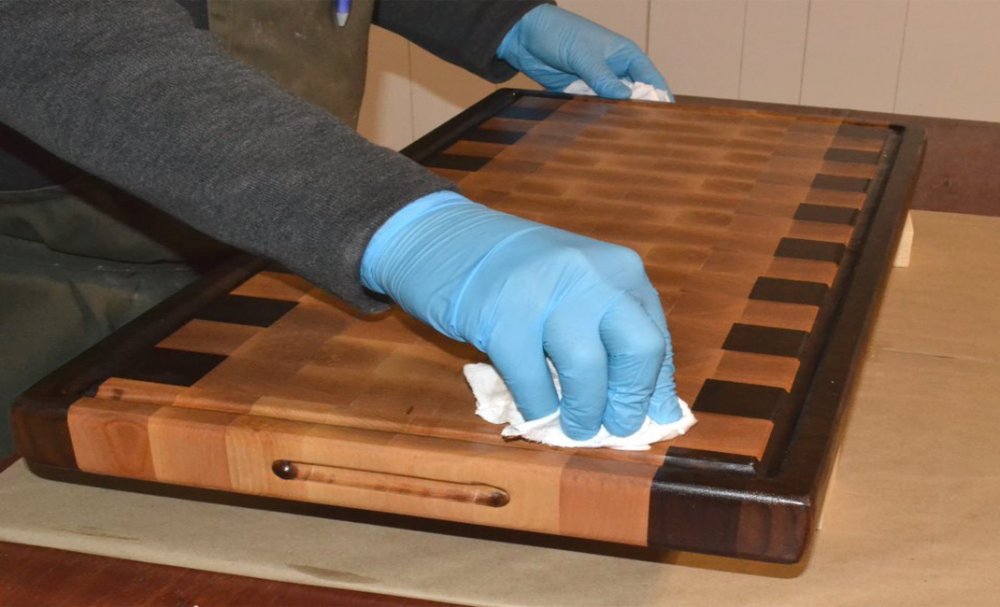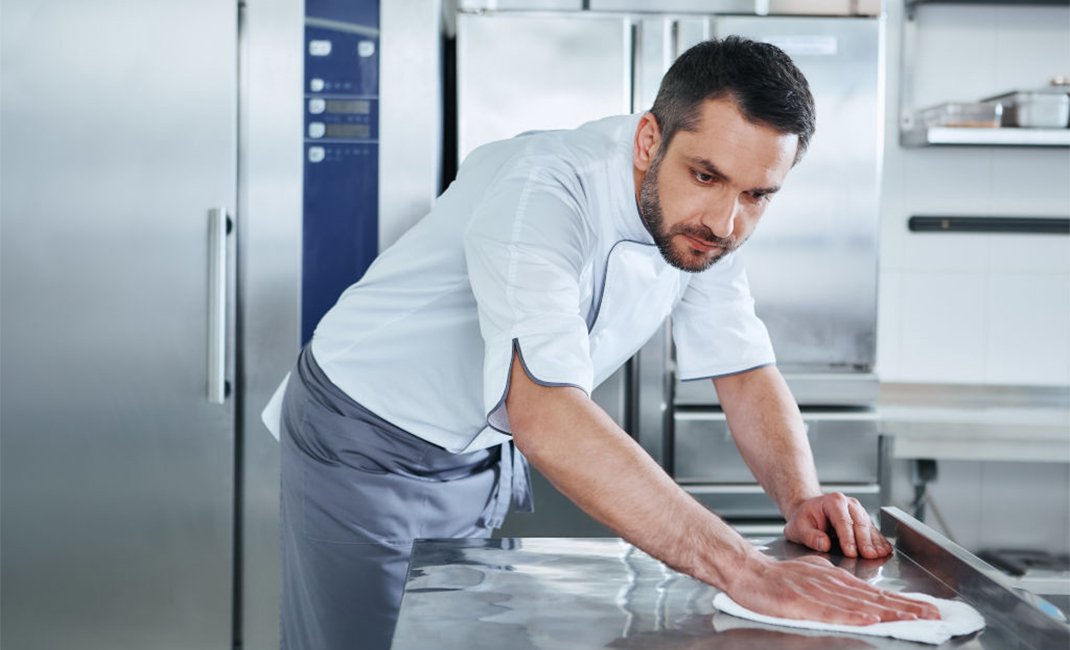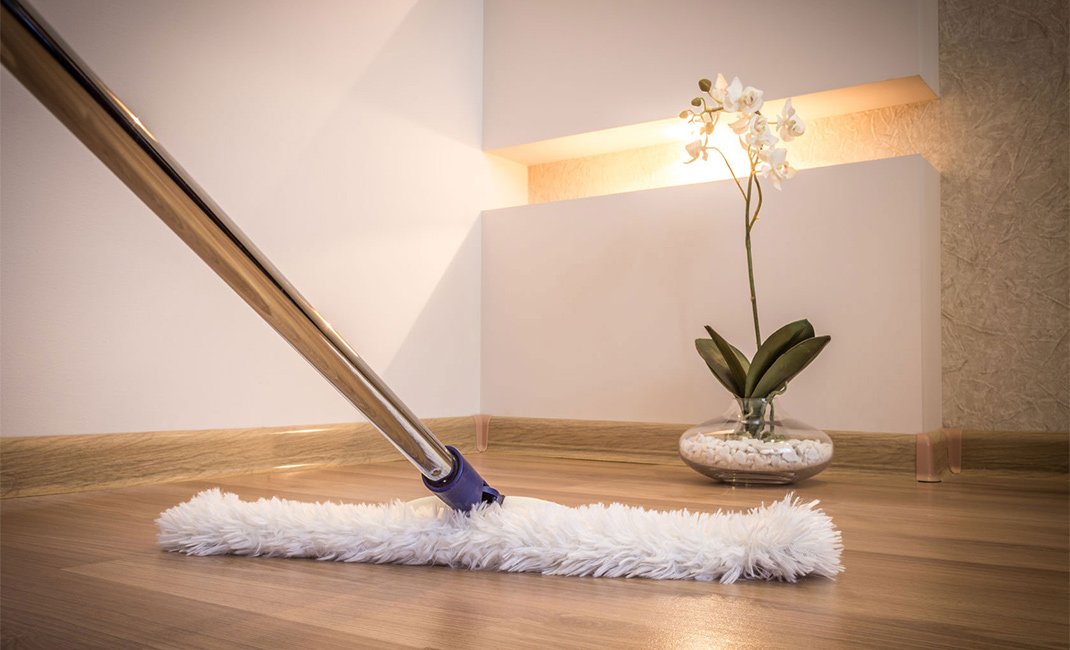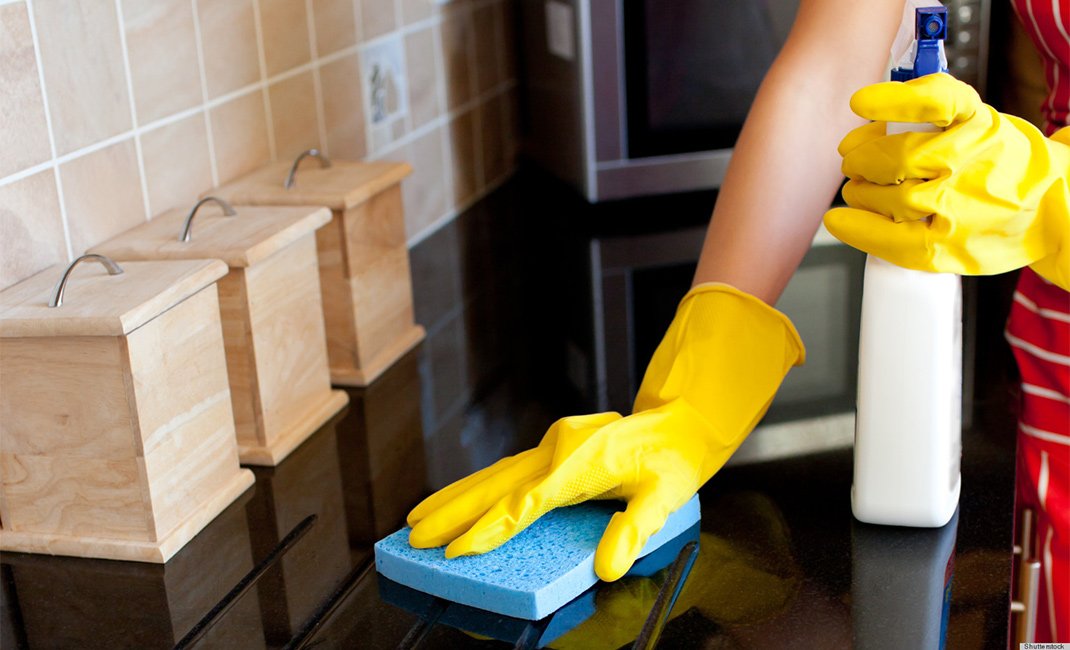When it comes to kitchen utensils and kitchen utensils, nothing surpasses classic wooden utensils. Wooden utensils are ideal because wood contains natural antibacterial properties, protecting our food from bacteria, germs and mold. But because these items are made of real wood the care they need is different from most kitchen utensils. From wooden spoons to wooden cutting boards, learn how to properly care for your wooden kitchen utensils, so that they remain both beautiful and new over time.
Never put them in the dishwasher
The biggest prohibition in the care of wooden kitchen utensils is to clean them in the dishwasher. Heat, detergents and strong water will cause:
• Distortion of wooden objects
• Development of cracks
• Development of slits
Wash everything by hand according to the instructions below.
Hand wash with warm soapy water immediately after use
To clean your wooden utensils, simply wash them with warm water and a little soap. You can use a sponge or kitchen wire if you want to make sure you have removed all food debris. It is better to clean them almost immediately after use, as then it is easier to clean.
Wipe off excess moisture with a hand towel
After washing, remove excess water from your wooden utensils by wiping them with a clean towel. This prevents the wood from absorbing excess moisture, which will cause the wood to deteriorate and accelerate the formation of cracks and warping.
Let them dry well
After washing and then wiping your wooden utensils, do not store them immediately. Allow them to dry well. Otherwise, water droplets trapped in the wood voids will not dry completely and over time the accumulation can also deform or break the wood. Therefore, make sure that your wooden utensils are completely dry before replacing them.
Do not let them soak overnight
After cooking, it is sometimes tempting to let dirty dishes and utensils soak overnight to rinse them off the next day. But this is a big mistake for wooden utensils. Letting them soak overnight creates the following problems:
- Allow the wood to absorb water, thus accelerating its deterioration.
- In addition, food debris can penetrate tiny cracks in the wood, allowing bacteria to multiply and endanger your health.
Avoid hard spots with sandpaper
Sometimes, especially in wooden utensils that have been used for a long time, you may find that your wooden utensils develop rough spots where the wood is no longer smooth. Treat them with sandpaper until the roughness of the wood returns and its touch becomes smooth as before, then rub with aromatic oils. Good and beautiful like new!
Treat stains
Colorful food items can sometimes stain wooden cutting boards or other wooden utensils. There are ways to get rid of these stains.
- One strategy is to wash the utensil immediately with warm soapy water to clean the stain.
- For more aggressive stains, you can also try using half a lemon and baking soda, rubbing them directly on the stain and then washing it off.
Remember, sometimes, these persistent stains do not come out. However, if you clean and dry the board properly, the stains cannot pose any risk to your health. Over time and with constant cleaning, many stains will fade on their own.
Deal with odors
If you find that wooden objects, such as chopping boards, start to develop an odor, there are several ways to get rid of it.
- One is to rub a slice or half a lemon on the surface of the pan and let it air dry.
- You can also mix baking soda and water, rub the resulting paste on the surface and then leave it.





